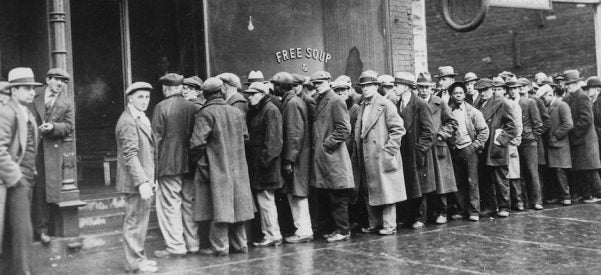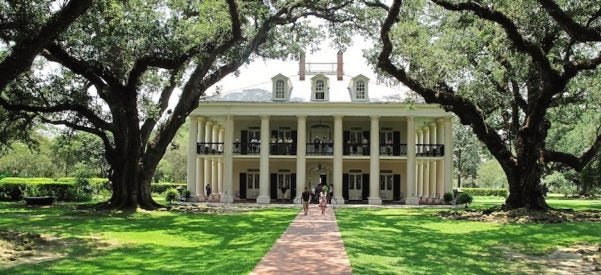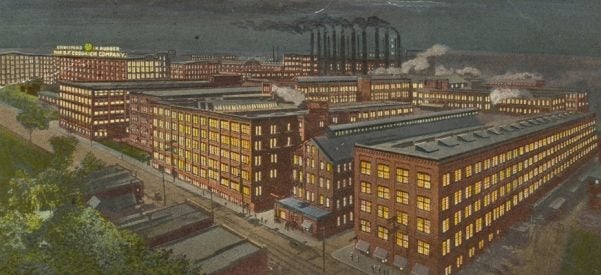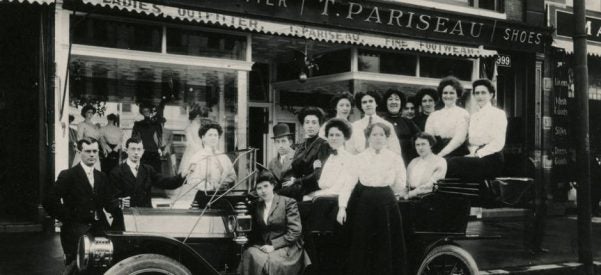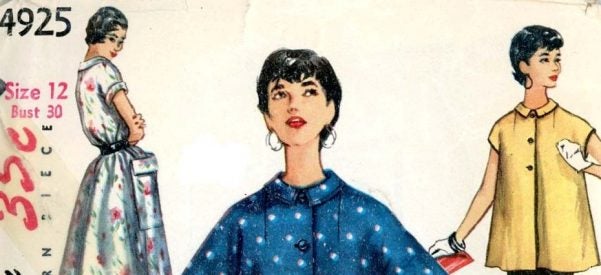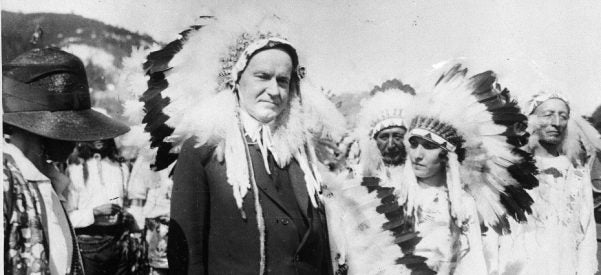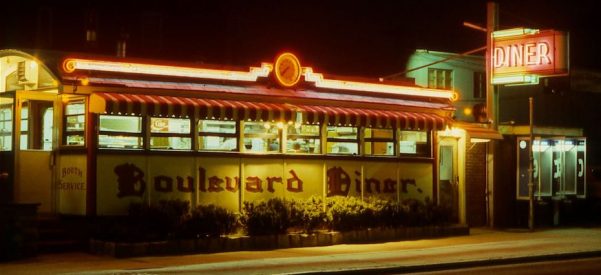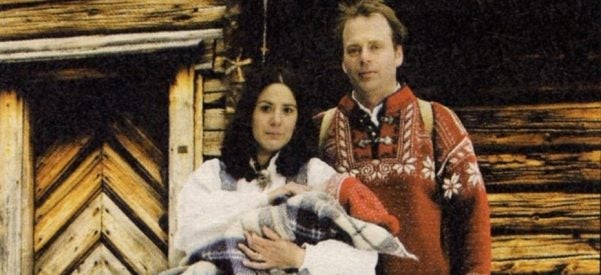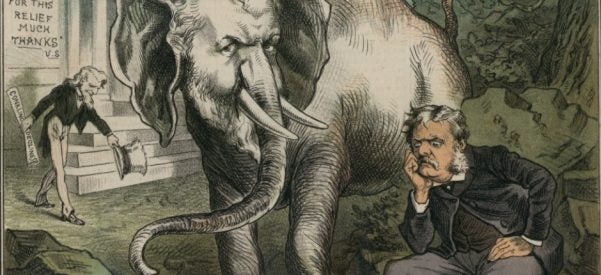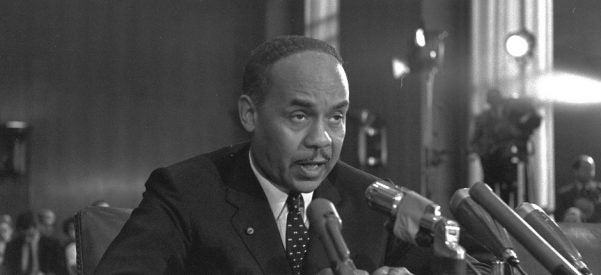Why Americans Think Managing the National Budget Is Like Balancing the Family Checkbook
The Myth That Average Citizens Hold the Reins of the Economy Stems from 18th-Century Morality Tales
Americans are forever being urged to do things that supposedly will jump-start the economy, protect jobs, and raise the fortunes of Wall Street. Politicians and pundits implore consumers to “Buy American,” so as to help U.S. workers and keep the trade deficit low. Or to hit the shopping malls—even if it means taking on more debt— while still somehow finding a way to balance the family checkbook.
What’s striking about these demands is that the responsibilities and obligations of American consumers …


